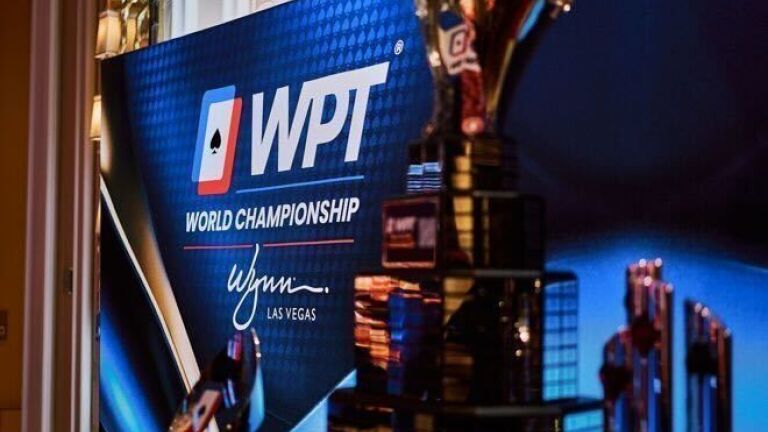The member states of the European Union have introduced different regulations as a response, while the EC promotes a more balanced European framework. In order to create this, the Commission has proposed an action plan, prepared in cooperation with market experts, with the following goals:
- compliance of national regulatory frameworks with EU law
- enhancing administrative cooperation and efficient enforcement
- protecting consumers and citizens, minors and vulnerable groups
- preventing fraud and money laundering
- safeguarding the integrity of sports and preventing match-fixing
"Consumers must be adequately protected, money laundering and fraud must be prevented, sport must be safeguarded against betting-related match-fixing and national rules must comply with EU law," Michel Barnier, the European Commissioner for Internal Market and Services said.

Michel Barnier
On details of the action plan, the EC issued the following:
“Key elements of the Communication
The Commission is not proposing EU-wide legislation on online gambling. It is proposing a comprehensive set of actions and common principles on protection.
While Member States are in principle free to set the objectives of their policies on online gambling, ensuring compliance of national law with the Treaty on the Functioning of the EU (TFEU) is a prerequisite of a successful EU policy on online gambling. The Commission will establish an expert group this year to facilitate exchanges of experience on regulation between Member States. This will help to develop a well-regulated, safer online gambling sector in the EU, which will help turn consumers away from unregulated sites.
Children and other vulnerable groups need protection as 75% of EU citizens under the age of 17 use the internet. The Commission is encouraging the development of better age-verification tools and online content filters. It is also pushing for more responsible advertising and increased parental awareness of the dangers associated with gambling.
In addition to protecting minors from exposure, there is a responsibility to protect those citizens and families who have already suffered from a gambling addiction (between 0.5-3% of the population) or other forms of gambling-related disorders by finding effective methods of treatment and prevention. For this a better understanding of the underlying causes is needed.
Another important objective is to prevent and deter fraud and money-laundering through online gambling. Due to the cross-border nature, individual Member States cannot effectively apply anti-fraud mechanisms. An approach that brings together the EU, Member States and industry is necessary to tackle the problem from all angles.
A high level of cooperation is needed, in particular to safeguard the integrity of sports. Betting-related match-fixing goes against the very nature of fair play and competition that defines sport. To combat it, the Commission will promote faster information exchange, whistle-blowing mechanisms, and overall cooperation at national and international level between stakeholders, operators, and regulators to preserve the integrity of sports, as well as better education and increased awareness of sportspeople.
In concrete terms, the Commission will adopt three Recommendations addressed to the Member States, namely on i) common protection of consumers, ii) responsible gambling advertising and iii) the prevention and fight against betting-related match-fixing.
Other measures foresee, inter alia, support to the benchmarking and testing of parental control tools; the extension of the scope of the anti-money laundering directive; the promotion of international cooperation for the prevention of match-fixing.
Member States are also urged, for example, to carry out surveys and data collection on gambling disorders; to promote the training of the judiciary on fraud and money laundering and to set up national contact points bringing together all actors involved in fighting match fixing.
Background and next steps
Today's communication is a follow-up to the Green Paper consultation held last year (see IP/11/358).
A first expert group meeting with the Member States is foreseen for December 2012, and in 2013, the Commission will organise a stakeholder conference.
The Commission will evaluate the implementation of the action plan and assess progress achieved throughout the EU two years after the adoption of the Communication.”
The Commission has also announced that they “will send requests for information to the Member States against whom infringement cases have been open since 2008” and to those “against whom complaints have been registered.”















0 comments